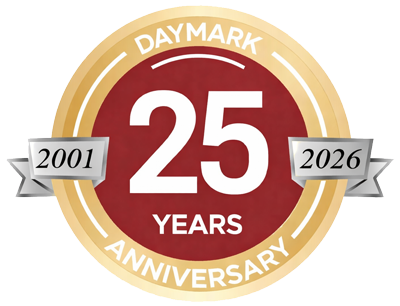In December 2015, the electronic discovery provisions of the Federal Rules of Civil Procedure (FRCP) were amended to substantially expand the Safe Harbor against sanctions for destruction of electronic data. In my November 2015 white paper, C-Level Guide to Covering Your Information Governance Assets, I predicted that the amended rules signaled a pivot away from one of the main sources of eDiscovery uncertainty - the inconsistent imposition of severe sanctions for the loss of electronically stored information relevant to dispute resolution. The prediction holds.
Read MoreSteven J. O'Neill, Esq.
Recent Posts
Every gambler knows
- The Gambler lyrics © Sony/ATV Music Publishing LLC
Some of the more frequent questions asked of eDiscovery attorneys when teaming with IT professionals on archiving and other retention policy projects, relate to the timing, scope and especially the release of legal holds. Misconceptions about “Legal Hold” abound, many of them (unfortunately) coming from litigation attorneys stuck in the paper document past or those who do not understand data systems architecture. One common source of overbroad Legal Hold retention is the misapprehension of the risk of severe judicial sanctions for the destruction (aka spoliation) of evidence.
Too many attorneys take what they consider to be the safe route and continue to advise enterprises to keep too much for too long. As Kenny Rogers’ Grammy award-winning song reminds us, risk can cut both ways. Not only does an overbroad legal hold increase the cost of data storage and maintenance, it increases the cost of legal review of held documents, and may result in retaining “smoking gun” documents that could have been legitimately deleted before or between legal holds. You’ve gotta know when to fold ‘em too!
Subscribe to Daymark Insights
Latest Posts
Browse by Tag
- Cloud (70)
- Microsoft (47)
- Security (47)
- Azure (36)
- Data Protection (32)
- Partners (32)
- Data Center (28)
- Backup (26)
- Compliance (24)
- Daymark News (23)
- Data Governance (20)
- Storage (20)
- CMMC (18)
- Veritas (18)
- Virtualization (18)
- Cybersecurity (17)
- Cloud Backup (14)
- Disaster Recovery (14)
- Government Cloud (14)
- Managed Services (13)
- GCC High (10)
- Featured Gov (9)
- Industry Expertise (9)
- AI (8)
- Networking (6)
- Hybrid Cloud (5)
- NIST SP 800-171 (4)
- Reporting (3)
- Services (3)
- Cloud Security (2)
- Copilot for Microsoft 365 (2)
- GDPR (2)
- Pure Storage (2)
- Mobile (1)
- Reporting-as-a-Service (1)





